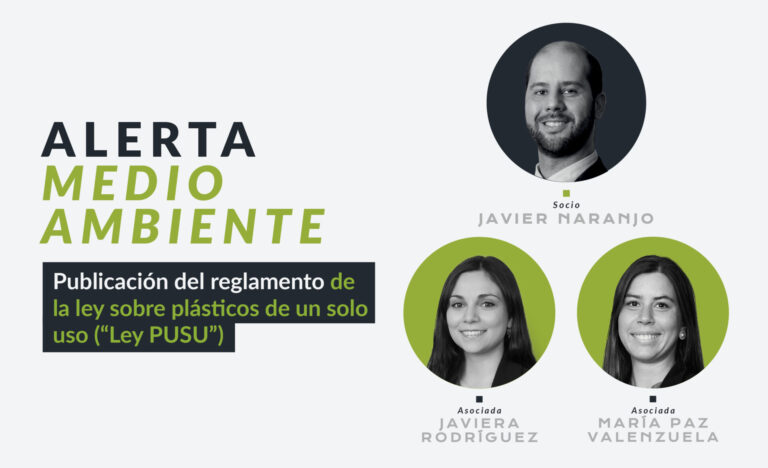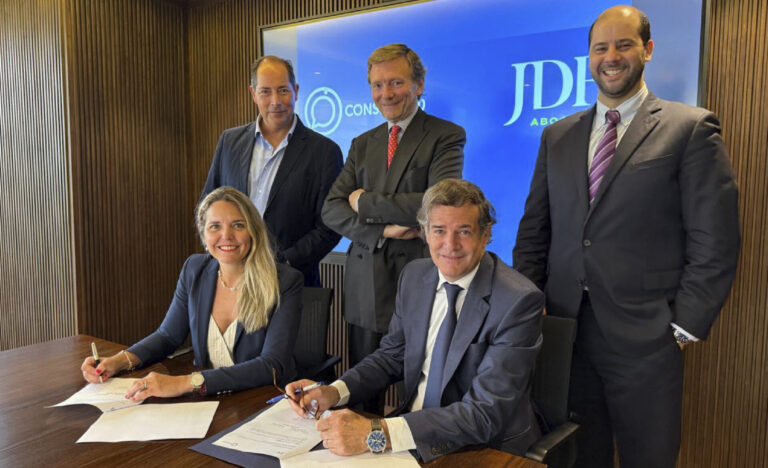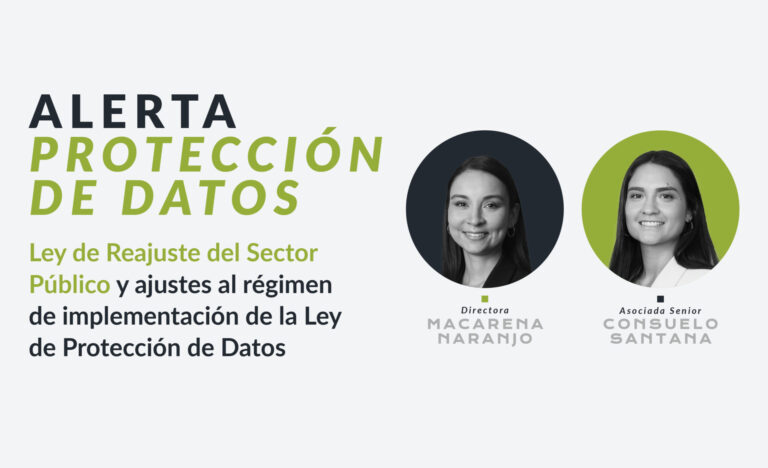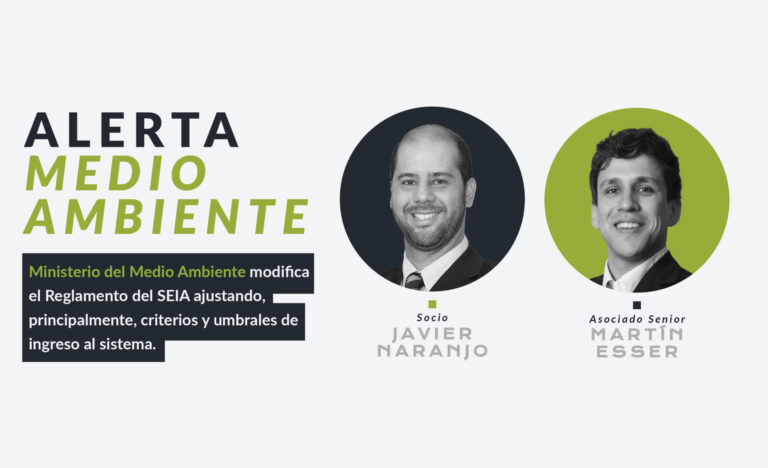On September 29, 2025, Law No. 21.770 was published in the Diario Oficial. This law establishes a Framework Law on Sectoral Authorizations and introduces amendments to various legal statutes (the “Law”), also known as the “Permitting Law” (Ley de Permisología).
The purpose of the new Law is to:
- Provide a general framework to ensure compliance, standardize, and coordinate the procedures established for the valid actions of State Administration bodies with competence to authorize projects or activities subject to regulatory restrictions.
- Grant greater legal certainty to project owners, operators, and the public at large.
- Promote productivity, growth, and investment by creating mechanisms to modernize authorizations and progressively transition toward standardized and simplified regulations.
Main Regulatory Aspects of the Law
System for Sectoral Regulation and Evaluation This system comprises the set of policies, institutions, and regulations designed to ensure the proper processing of sectoral authorizations and alternative enabling mechanisms. The System includes:
The System includes:
- The Office of Sectoral Authorizations and Investment, a functionally decentralized body of the Undersecretariat of Economy and Small Enterprises.
- The Committee of Sectoral Authorizations and Investment.
- Ministries, undersecretariats, public services, and, in general, all State Administration bodies with related competencies.
Sectoral Authorizations: Authorizations are classified into six categories:
- Administration or disposal authorization.
- Location authorization.
- Project authorization.
- Operating authorization.
- Professional or service authorization.
- Other authorizations.
Procedures applicable to sectoral authorizations include:
- Digital submission through the Unified System of Sectoral Permits (SUPER).
- Formal admissibility review within limited timeframes.
- Grounds for early termination by reasoned resolution.
- Rules governing the issuance of reports by other administrative bodies.
- Application of positive or negative administrative silence, which can be certified through a downloadable certificate on the SUPER platform.
Alternative Enabling Mechanisms: These are instruments that allow a project or activity to proceed without requiring a prior favorable administrative act, replacing certain permits with simpler mechanisms such as notifications and sworn statements.
- Notifications and sworn statements have the same enabling effects as authorizations from the day following their submission.
- Failure to comply with the applicable regulations for notifications or sworn statements may result in the revocation of the enabling status.
- Providing false or altered information, or omitting essential facts, is subject to criminal penalties, including imprisonment (minor imprisonment in its minimum to medium degree) and a fiscal fine of 100 to 1,000 UTM.
Unified System of Sectoral Permits (SUPER): This is the digital information and management system for sectoral authorizations, administered by the Office of Sectoral Authorizations and Investment. The SUPER will allow:
The SUPER will allow:
- Submission of authorization requests by the project owner/applicant using standardized forms to the relevant sectoral body.
- Interoperability of data, documents, and electronic files.
- Public access to information, while safeguarding personal data.
Non-Compliance by Administrative Bodies: The Law establishes mechanisms to enforce legal deadlines in permit processing.
- Failure to meet the deadlines set by the Law constitutes an administrative infraction for authorities and department heads.
- In cases of unjustified non-compliance, they may be sanctioned with fines of up to 30% of their monthly salary, under a procedure to be conducted by the Office of the Comptroller General of the Republic.
- Compliance indicators will be incorporated into the main public management instruments.
Regulatory Stability Regime: A voluntary regime of regulatory stability is established for projects with a favorable Environmental Qualification Resolution (RCA) that have entered the Environmental Evaluation System (SEIA), whether through an Environmental Impact Declaration (DIA) or an Environmental Impact Study (EIA).
Régimen de invariabilidad normativa: Se establece un régimen voluntario de estabilidad regulatoria para proyectos con Resolución de Calificación Ambiental (RCA) favorable, que hubieren ingresado al Sistema de Evaluación Ambiental (SEIA), tanto mediante una Declaración de Impacto Ambiental (DIA) como mediante un Estudio de Impacto Ambiental (EIA).
Este régimen implica que:
- Project owners may request that, for up to eight years, the regulatory criteria and requirements in force at the time of project entry into the SEIA remain applicable, even if subsequent regulations change.
- This regime may only be excepted in cases duly justified by overriding public interest.
Entry into Force: The Law entered into force on September 29, 2025, with provisions for progressive implementation.
- Las nuevas reglas se aplicarán únicamente a los procedimientos que se inicien después de la entrada en vigencia de la Ley.
- Effective implementation of several provisions will depend on the issuance of specific regulations.
- Certain specific legal amendments, such as those introduced to the Health Code, will take effect within one month.
- The establishment of the Office and the operationalization of the SUPER must be completed within the deadlines set by the Law and its regulations.
For additional information on this matter, you may contact: Javier Naranjo (jnaranjo@jdf.cl); Andrea Gallyas (agallyas@jdf.cl); Martín Esser (messer@jdf.cl); María Paz Valenzuela (mpvalenzuela@jdf.cl); or Javiera Rodríguez (jrodriguez@jdf.cl).






